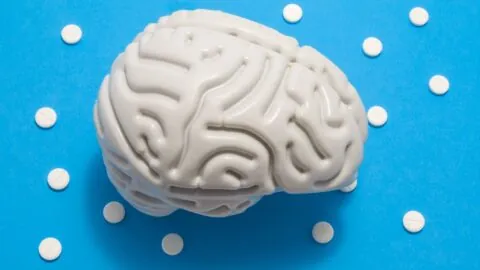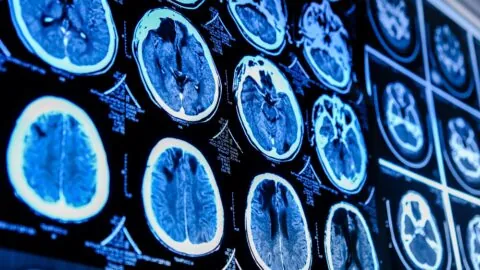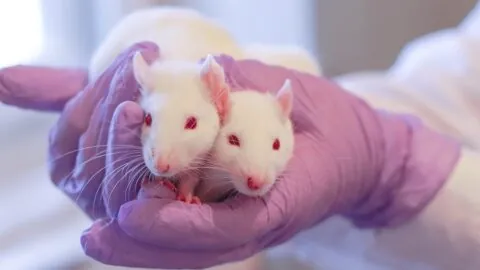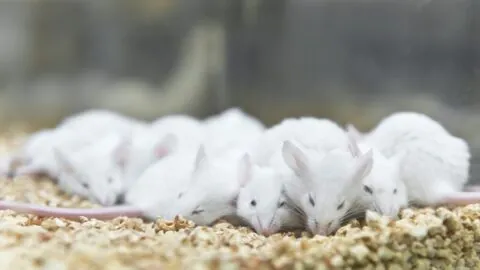February 08, 2024
A recent paper published in Immunity has described the accumulation of exhausted microglia in the brains of people who are vulnerable to Alzheimer's, potentially spurring and worsening the disease. Proteostasis and inflammation Why we Age: Loss of ProteostasisThe loss of proteostasis is the failure of the protein building machinery of the cell and the accumulation...
January 31, 2024
In a recent study published in Aging Cell, researchers found similarities between glioblastoma and Alzheimer’s disease patients in their gene expression and protein profiles [1]. Brain tumors and neurocognitive dysfunction The majority of patients with brain tumors develop irreversible, progressive neurocognitive dysfunction, sometimes long after their treatment [2-4]. It reduces their quality of life and,...
December 22, 2023
According to a new study, the amount of leisure time spent on vigorous physical activity is inversely correlated with Alzheimer’s, but after a certain point, the association is reversed [1]. Outrunning dementia Due to populational aging and medicine’s successes against other age-related diseases, Alzheimer’s disease has become one of the leading causes of mortality in...
November 29, 2023
The authors of a new review have analyzed randomized controlled trials that evaluated the impact of music therapy on the cognitive functions of people with Alzheimer’s [1]. Music to Alzheimer’s patients' ears Current pharmacology lacks a long-term method of effectively managing Alzheimer’s disease symptoms. Therefore, researchers have been looking into non-pharmacological therapies for treating these...
November 01, 2023
New research published in Brain investigated the influence of fecal microbiota transplants from Alzheimer’s patients on cognitive function and neurogenesis in rats and human cell cultures [1]. Microbiota-gut-brain axis There is a growing body of research reporting changes to the composition and metabolites in the microbiomes of Alzheimer’s patients [2]. Studies have also linked the...
October 27, 2023
Scientists have found that intermittent fasting can ameliorate Alzheimer’s in mice by improving sleep patterns [1]. Time to eat, time to fast Time-restricted eating, also referred to as intermittent fasting (IF), can take different shapes, such as the one-meal-a-day regimen, alternate-day fasting, or 16/8, in which a person fasts for 16 hours and eats during...






